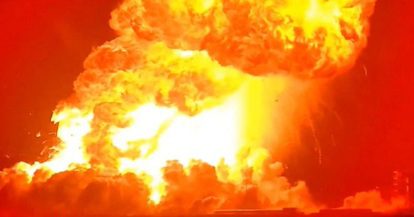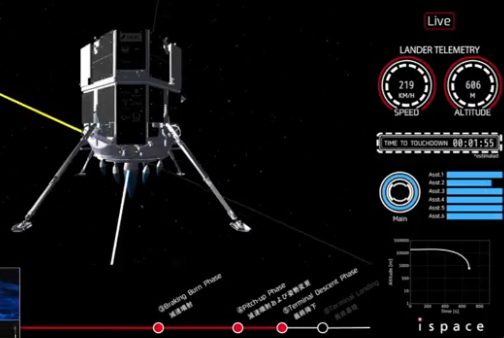It did seem odd that despite there being two operational Evolved Expendable Launch Vehicles, namely Atlas and Delta, that only the Delta IV was being considered during the Norman Augustine led review of US human spaceflight plans
And then yesterday at the House of Representatives’ subcommittee on space and aeronautics we hear Jospeh Fragola, Valador Inc vice president and Augustine committee engineering analysis support team member, state that the United Launch Alliance Atlas 431 (watch an Atlas V 431 launch here) had been studied by the Orbital Space Plane programme and been rejected. Three solid rockets strapped to a liquid first stage was deemed a bad idea apparently
Have they not seen the Ares V Lite design? A liquid core with two solid rocket boostersThis blog agrees with others that championing the Ares I first-stage, that is using an untested five-segment evolution of the Space Shuttle four-segment solid rocket booster (SRB), while questioning the reliability of an Atlas SRB that has never failed in the full knowledge that the Augustine report recommended a crewed Ares V Lite is a bit odd
And this blog had thought that the issue with Atlas was its Russian first-stage engines. And maybe it really is
The turn of events at the hearing has given rise to the view that the Congressional panel had already decided what they wanted to think and that Ares I was the better option
Hyperbola was struck by the apparent lack of knowledge of a number of the subcommittee members, when they should have been the experts as far as Congress was concerned. While Californian Congressman Dana Rohrabacher was the only subcommittee member to push on the EELV alternative his questions were easy for the anti-EELV witnesses to bat away
Meanwhile NASA’s Wayne Hale takes a swing at the commercial crowd in his latest blog posting
Hyperbola had concluded recently that Ares I’s days really were numbered but having watched the subcommittee, if this group has any real sway then Ares I really might not be dead after all






